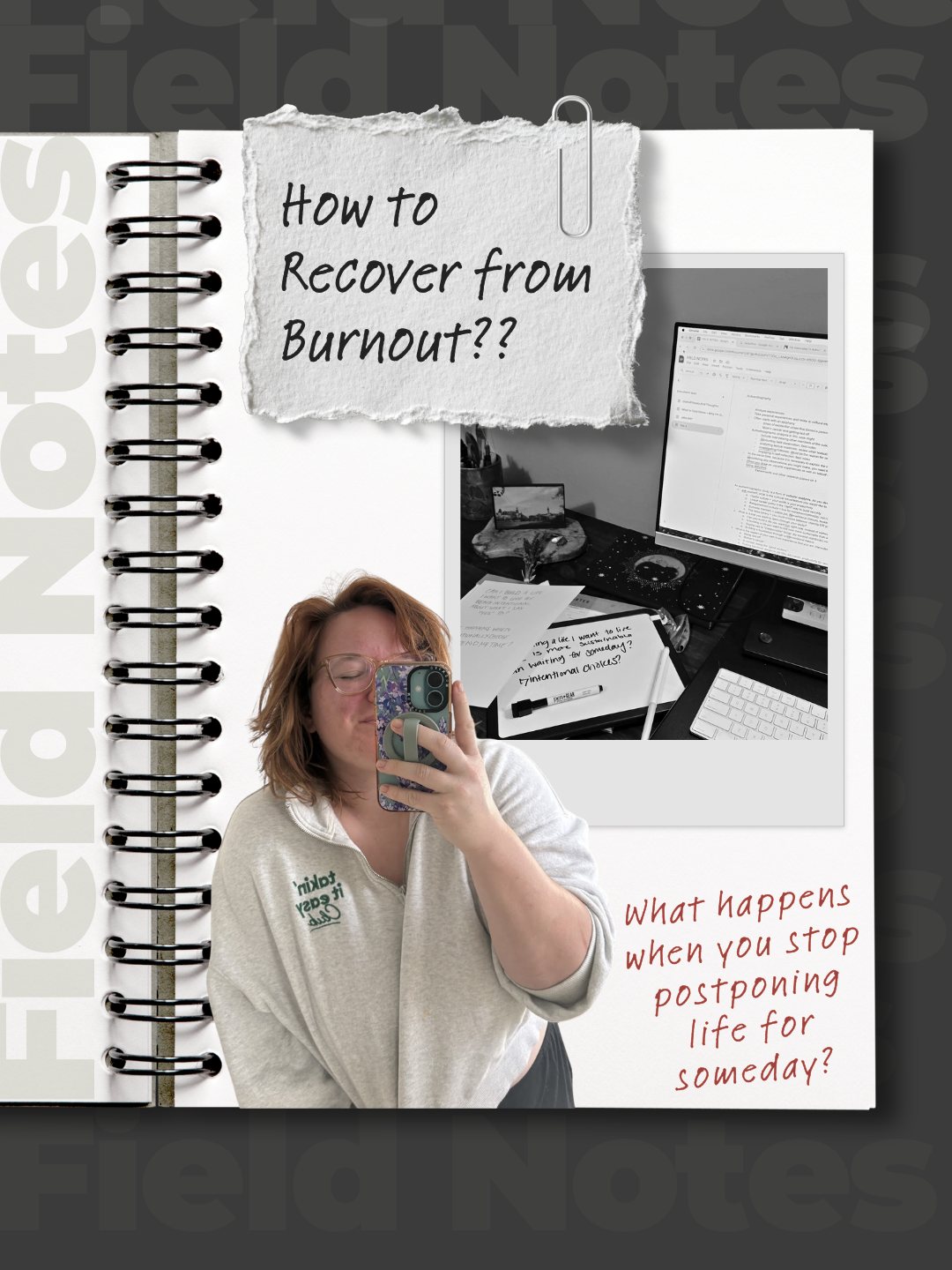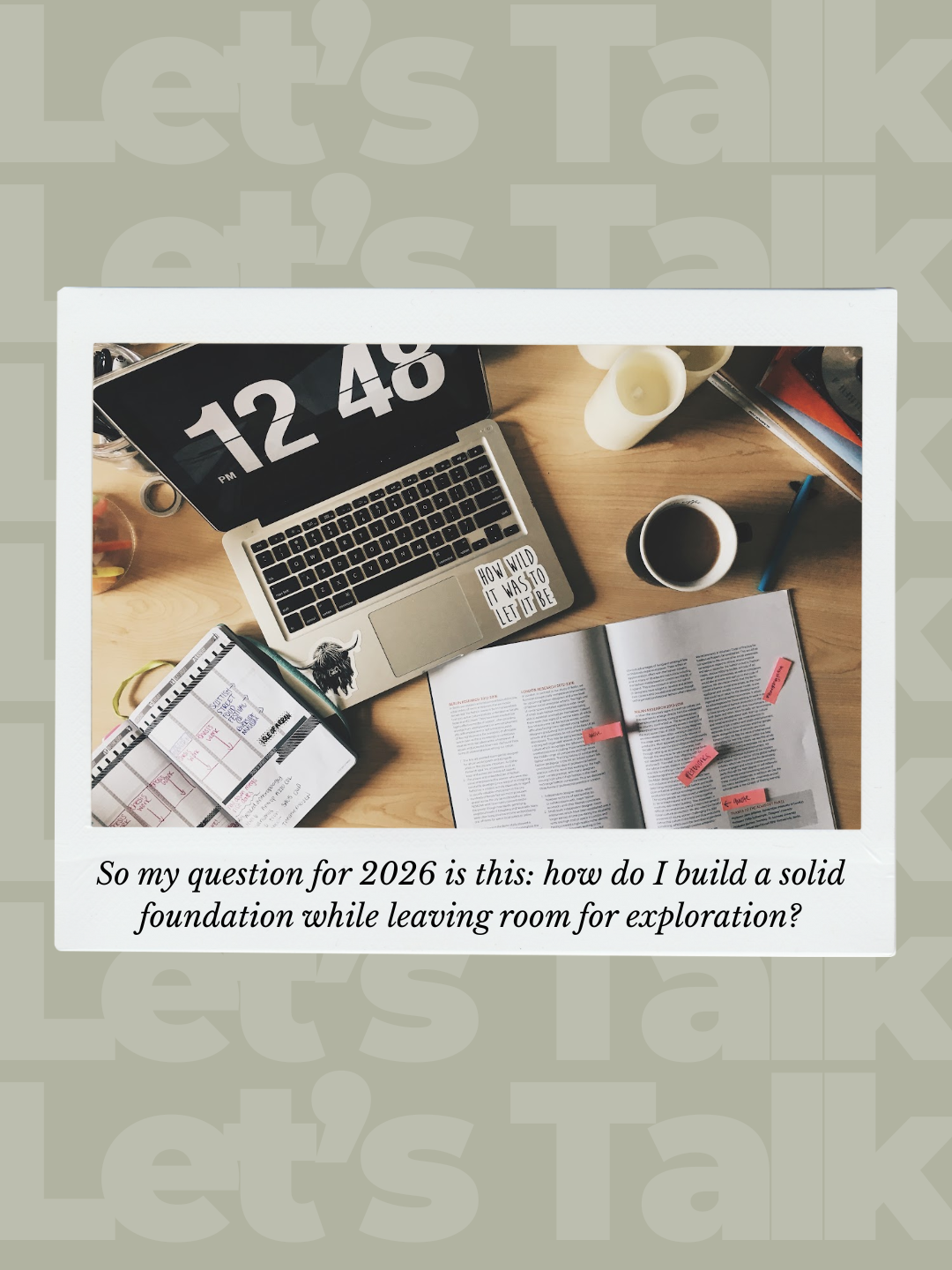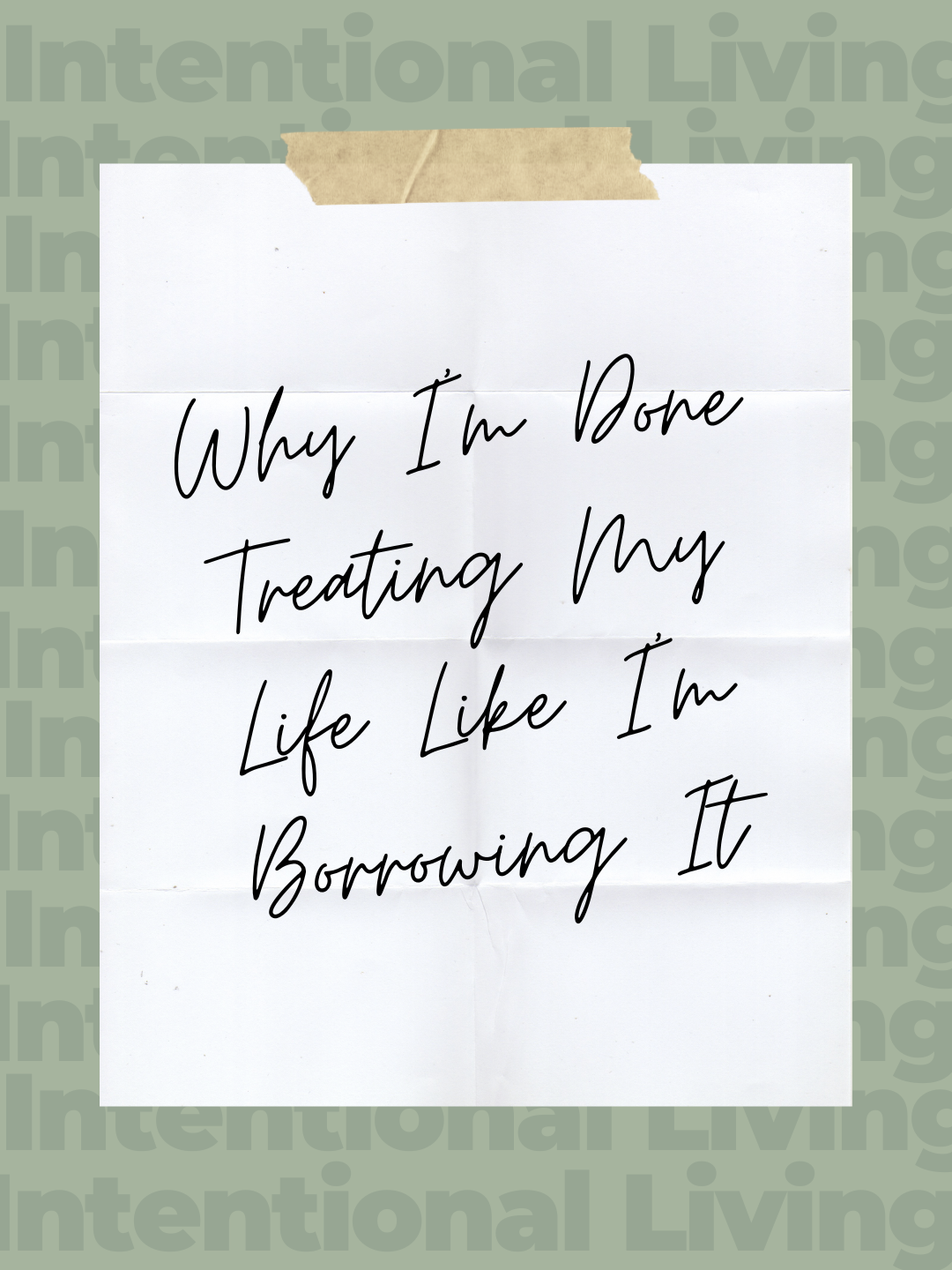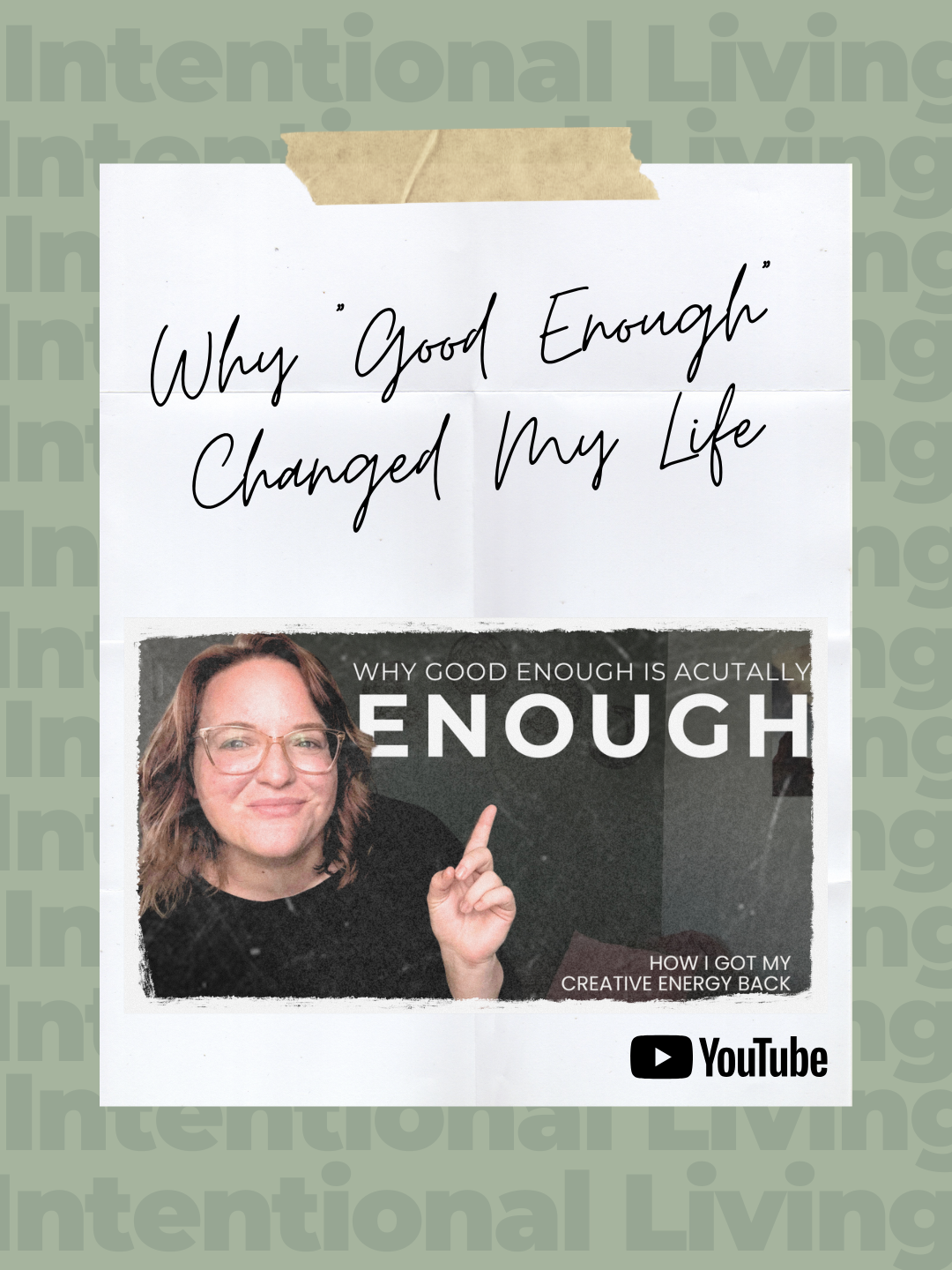What Journaling + AI Taught Me About Myself
Turns out the people were right: journaling does help with stress and anxiety.
But what surprised me most, especially with a bit of help from AI, was how it sharpened my self-awareness and softened the way I move through emotional fog.
For months, I felt stuck in a haze of burnout, decision fatigue, and looping thoughts. I kept craving the dream life, constantly building systems to achieve it, but never quite able to take action.
Maybe deep down, I knew why.
But sometimes it takes someone—or in my case, something—to gently mirror back the truths you've been avoiding.
My Kind of Journaling: Honest, Not Perfect
Journaling, for me, was never about productivity. It was about clarity.
Unlike other journaling styles I've tried, where I documented events or tracked habits, this was different. There was no agenda. No rules. No editing allowed.
So, how does journaling work for me?
This isn't a romanticized ritual. I type fast and messily, chasing my thoughts across the keyboard with bad grammar and worse punctuation. But that's the point—it's not about being articulate. It's about being honest.
Usually, I ask myself rhetorical questions (think: Carrie Bradshaw, but with a cozy, ratty hoodie), and then I try to answer them. No filters. No pressure. Just permission to be real.
Typing helps me keep up with my thoughts. It feels like unclogging a pipe—surface-level worries pour out first, and eventually, something deeper comes through.
And that's where things started to shift.
Bringing in AI: A Surprising Companion for Self-Awareness
I started using AI like a curious intern. Someone I could bounce ideas off, ask questions, and see what it might notice that I couldn't. Eventually, I began pasting journal entries into ChatGPT.
Not to be fixed.
But to be seen.
I'd ask things like:
“Act like a therapist—what do you notice here?”
“What's the pattern I'm not seeing?”
“Where am I stuck?”
It wasn't perfect, but it was honest in a way I couldn't always be with myself.
What It Reflected Back To Me
Slowly, some uncomfortable truths began to emerge. Patterns I'd been circling for years. Here's what kept showing up:
– I equate worth with results
– Perfectionism disguised as ‘'I'm not ready yet’’
– I fear being seen as too much
– I'm haunted by the version of me who never followed through
– I confuse functional freeze with laziness
– I over-identify with the part of me that doesn't take action
Maybe I always knew. Perhaps these truths were there, just waiting behind the noise. But seeing them reflected back—clearly, plainly—made them feel real.
And if they were real, then I had a choice: to keep letting them run the show, or to walk beside them with intention.
Walking With My Patterns, Not Around Them
I had been trying to sidestep these beliefs, hoping to shortcut my way to the “higher self” version of me.
Now I realize: I can't skip over them. I have to walk with them.
I'm done ignoring these patterns. Now it's about taking gentle steps forward without letting them hold the reins.
This is a softer path, yes. But it's still a bold one. And I know it leads to real change.
And that first step starts with compassion for my past selves and the version of me here now, because every version of Renée brought me to this moment. She wasn't doing it wrong. She was just living her part of the story.
I wasn’t ready then. But maybe… I am now.
How You Can Try This Too
If you're curious to experiment with AI and journaling, here are some of the prompts I've found most helpful. Try them after a free-write, or paste in an entry and see what comes up. No pressure. Just curiosity.
🔄 To Uncover Recurring Themes & Patterns
What patterns do you notice in my thoughts or language?
Are there any recurring fears, worries, or limiting beliefs I might not be aware of?
Based on this excerpt, what do I seem to be avoiding or circling around?
What emotional tone comes through in this entry? Does it shift or stay consistent?
🔍 To Clarify Core Beliefs & Inner Narratives
What story am I telling myself about my life or identity in this journal entry?
Can you help me reframe this story in a more compassionate or empowering way?
What assumptions might I be making here that deserve questioning?
Is there a core value or need beneath the surface of this writing?
🧠 To Notice Cognitive or Emotional Blind Spots
What's beneath the surface of what I'm writing—what might I not be saying out loud?
Am I catastrophizing, overgeneralizing, or thinking in all-or-nothing terms?
Where might I be downplaying my desires or needs?
How might I be subconsciously trying to protect myself in this journal entry?
❤️ To Reconnect With Intentions & Desires
What seems to matter most to me based on this journal entry?
What small action or shift might help me move forward today?
How can I respond to what I've written with more self-trust or softness?
What would my future self want me to know about this moment?
Whether you try this once or turn it into a daily ritual, just remember:
You don't need to be polished to be powerful.
Sometimes, clarity comes from the mess.
And sometimes, the answers arrive when you stop trying to force them.
Here's to softness.
And boldness.
And trusting that you're already on the path.




The validation you're chasing? It's never going to come from outside. Not from the title, not from the salary, not from anyone pointing at your life going look at everything she's doing. I know because I spent years outsourcing my self-worth to all of those things. Here's what I learned when I finally stopped.